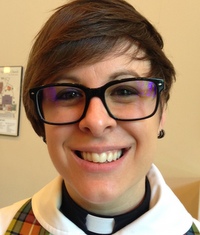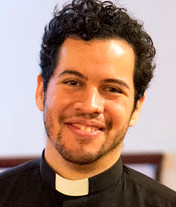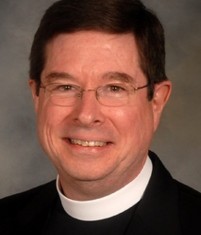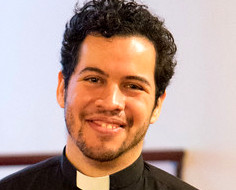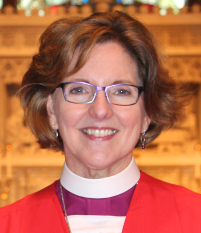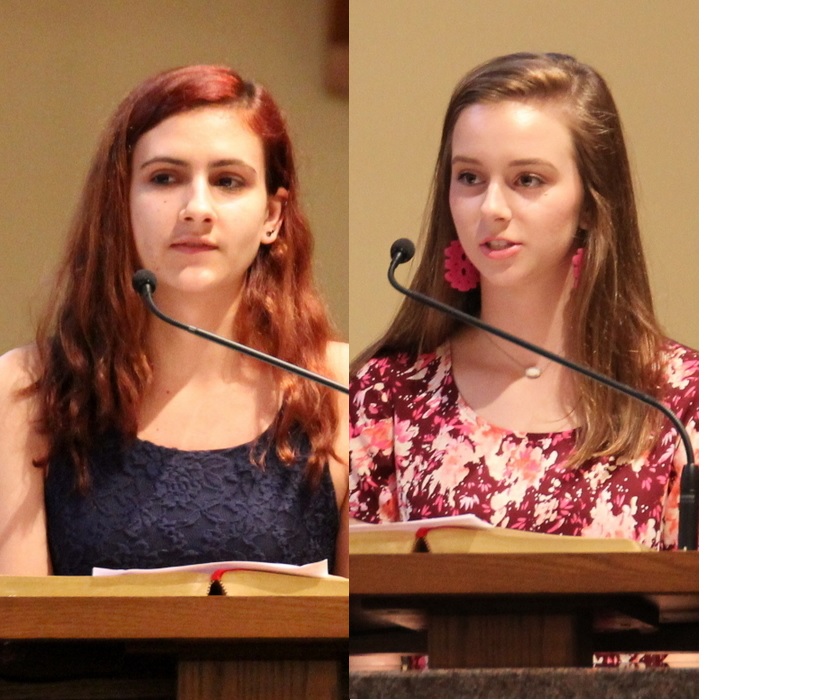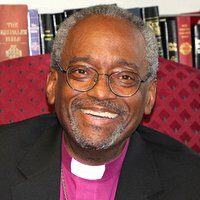The Rev. Adrienne Koch reflects on Mark 6:14-29: “Have you ever had that feeling that you missed an opportunity to really get to know someone because all you could see in them was a ghost from your past? Maybe it was your first date after a breakup or divorce […] Maybe it was right after you moved to a new place, looking to make friends […] Sometimes, we think we already know who someone is.”
Homilies (Page 26)
The Rev. Javier Almendárez-Bautista considers Mark 6:1-13: “What kind of person is a prophet? Abraham Heschel had something to say about that… He describes a prophet as a person concerned with God’s involvement not just in the big events but in the particular circumstances of day-to-day existence.”
Dr. Martin Luther King once said, “Church is not the place you come to, it’s the place you you go from.” … As we go from here today, what is it that we bring – to a world surrounding us right now that seems to be filled with violence, hatred, conflict, bullying, racism, condescending of other people, personal attacks on people – it’s the world that we go out into….
The Rev. Javier Almendárez Bautista discusses Paul’s radical message to a community in conflict (2 Corinthians 6:1-13): “The great hope of the Christian faith, the scandalous thing about it, the most daring thing it offers, is that the past does not have to determine our future. Our scandalous hope is that God will not judge us by our worst moment or by the popular opinion poll of our potential… Will we treat people according to society’s worst assumptions of who they are, or will we treat them exactly as we ourselves have been treated by God?”
The Rt. Rev. Anne Hodges-Copple visits St. Paul’s and reflects on spiritual growth (Mark 4:26-34): “If you’re a good farmer, you don’t just think about the harvest this summer, you think about what you’re doing to get ready for the next season, and the next, and all the seasons to come.”
The Rev. Adrienne Koch reflects on Mark 3:20-35: “Most folks prefer their chosen family over the one that they’ve been given. ‘Who are my mother and my brothers?’ This is the question Jesus asks in today’s Gospel reading.”
The Rev. George Adamik considers today’s Gospel reading (Mark 2:23-3:6) and the message of Pentecost: “We all speak different languages when it comes to this experience of faith. How do we continue to be a Pentecost, how do we continue to be reborn anew as we reach beyond our world, not to speak our language but to speak the languages of those who perhaps can understand us in new ways? We can only do that by coming to know this world beyond us.”
The Rev. Javier Almendárez Bautista considers Nicodemus (John 3:1-17) and the work of Jean Vanier: “I wonder if in the moments where we each feel the ground shifting beneath our feet, when someone stands before us and challenges the way we think, feel, and act in the world, whether we could hear Jesus in their words, beckoning us forward, urging us again and again to be born anew. I wonder if we, like Nicodemus, could sit more often with the discomfort of not being the expert and truly listen to the Spirit’s movement among us.”
On Youth Sunday, high school seniors Sarah Schertz and Emma Dressel reflect on their experiences at St. Paul’s.
The Most Rev. Michael Curry, Presiding Bishop and Primate of the Episcopal Church, speaks on the power of love at the royal wedding of Prince Harry and Meghan Markle at St. George’s Chapel in Windsor Castle.

